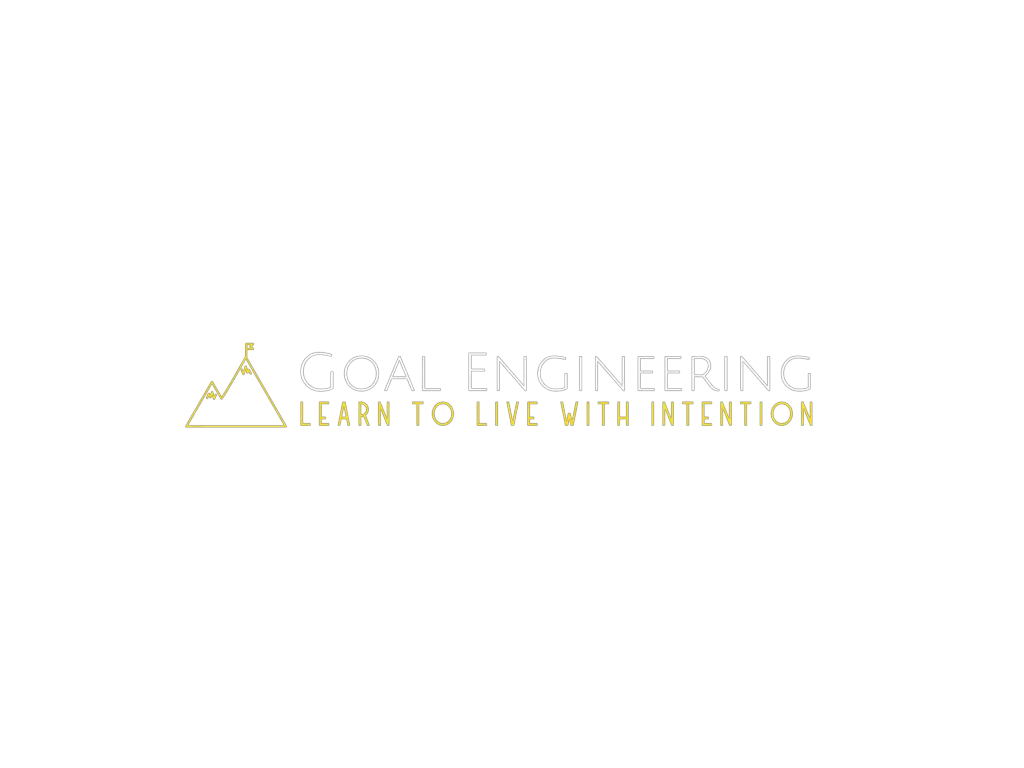In the spring of 2018, I was considering starting a blog on Medium.com. I emailed a prolific writer that I’d been following to ask what his advice for beginners was. He told me to stop thinking and just begin, so that’s what I did.
Six months later I’d published over 100 articles and had a few thousand followers. Even better, I got an email from that same writer asking if I wanted to write for one of his websites. I happily accepted and began writing summaries of non-fiction books.
That was three years ago now. In that time I’ve summarized over 400 non-fiction books. I’ve learned an enormous amount of information on all kinds of subjects from these incredible books.
Today, I’m going to teach you the best goal-setting hacks that I’ve extracted from those books. I’ll also show you how they’ve changed my life and how they will change yours too.
1. Stop Focusing on Yearly Goals, Especially in January
“Stop thinking in terms of a year; instead focus on shorter time frames.” ― Brian P. Moran, The 12 Week Year
How many times have you set exciting New Year’s resolutions, thinking that this would finally be the year you’d stick to them, only to give up by the end of January? This can happen to the best of us, but it’s not from a lack of desire to achieve your goals. You’re just biting off too much at once.
When you set yearly goals in January and start working toward them, you overwhelm yourself with how much you have ahead of you. The idea of sticking to an exercise routine or diet for the entire year is daunting, so you give up.
By the time you think to try again, it’s already July and you just say that you’ll try again next year.
Instead, you should set your goals on a 12-week cycle, as Brian Moran teaches in The 12 Week Year.
When I summarized this book a couple of years ago, I decided I’d give the 12 week year system a try. I set up a tracking spreadsheet and began setting new goals every 12 weeks, with a week-long break in-between.
It amazed me how much easier it was to stick to my goals. I finally became consistent because 12 weeks is a lot more manageable than 12 months. I’ve been using this system ever since and I don’t think I’ll ever change it.
These days, when I get tired around week 4 or 5, I just remind myself that I don’t have long left and keep going. I’ve even turned it into a personal growth challenge to see if I can stick to the same goals every day for an entire 12 weeks straight. It’s helping me crush my goals like never before.
Don’t focus so much on yearly goals. Set new goals every 12 weeks instead, and you’ll start to find that you’re much more consistent. And a lot less overwhelmed, too!
2. Make Your Goals Easy and Fun
“Cut your goal in half. Choose what you’ll bomb. Make it fun if you want it done.” ― Jon Acuff, Finish
Many of us struggle with goals of all kinds because of perfectionism. It tells us that if we can’t do this thing perfectly then we might not do it at all. Perfectionism also tricks us by getting us to believe that if something isn’t hard then it’s not worth doing or that it won’t make us grow.
How wrong that little voice in your head is!
The good news, though, is that you can beat perfectionism by deciding to be okay with imperfection in advance. You do this by planning for imperfection by making your goals easier and more fun than you think they need to be.
If you want to get fit, for instance, you might try running. But if you hate running, will you stick to that goal? How much easier would it be if you were doing something you enjoyed to stay healthy, like dancing?
And even if you do set a goal to dance a bunch of times a week, you may still find it hard to stick to doing it so often. In that case, just cut your goal in half!
Make it easy and fun if you want it done, as Jon Acuff teaches in Finish.
Last year I was struggling with my exercise routine. It got so bad that I had gained some weight and lost a lot of stamina. Instead of pushing myself too hard, I bought a video game to help.
It’s called Ring Fit Adventure and it gamifies exercise in a way that actually works like never before. You get to fight monsters, level up, acquire new skills, and so much more. It’s fun, it’s healthy, and best of all, it got me to stick to exercising again!
Setting fun and easy goals may not be intuitive, but it really works if you want to stick to your goals and achieve them!
3. Focus on Identity Change, Not Actions
“The ultimate form of intrinsic motivation is when a habit becomes part of your identity. It’s one thing to say I’m the type of person who wants this. It’s something very different to say I’m the type of person who is this.” ― James Clear, Atomic Habits
There’s research on people who are trying to quit smoking that shows how a small difference in their mindset can make it so much easier.
If they simply stop saying “I’m trying to quit smoking” and instead affirm their new identity by declaring “I’m not a smoker” then they’re far more likely to actually quit.
This works for every aspect of life, whether you’re trying to quit a bad habit or start a good one. And it’s the best thing to focus on when setting goals.
There are a few different levels of goals, including:
- Action steps, such as going running.
- Outcomes, like losing weight.
- Vision, which includes what you want your life to look at.
- Identity, which is a focus on who you want to become.
All of these are important and can be the catalyst for change. But the most powerful is identity because it centers you on deeper things than just the day-to-day or weekly actions and outcomes.
Seeking an identity shift is more long-term and takes advantage of your strongest desires to improve.
Right now I’m working on my identity as a father, among other things. I want to become a loving father who connects with his kids, rather than just going through the motions of spending quality time with them.
I do already love my kids and spend time with them, but I want to be connected with them on the deepest level possible. And that can’t come if I’m just focusing on quality time alone. I must focus on changing my identity, including reinforcing the new one I want to have by thought and by actions.
Center each of your goals, whether spiritual, relationship, financial, or fitness, on who you want to become. You’ll feel a deeper desire to change and it will even make growth become easier and more natural.
Wrapping Up
I’ve summarized a lot of books and learned a lot of lessons from them. These are just three of the best goal-setting hacks that I’ve discovered after summarizing 400+ non-fiction books:
- Don’t focus on yearly goals, set goals every 12 weeks instead.
- Make your goals fun and easy if you want to reach them.
- Focus on changing your identity most of all.



